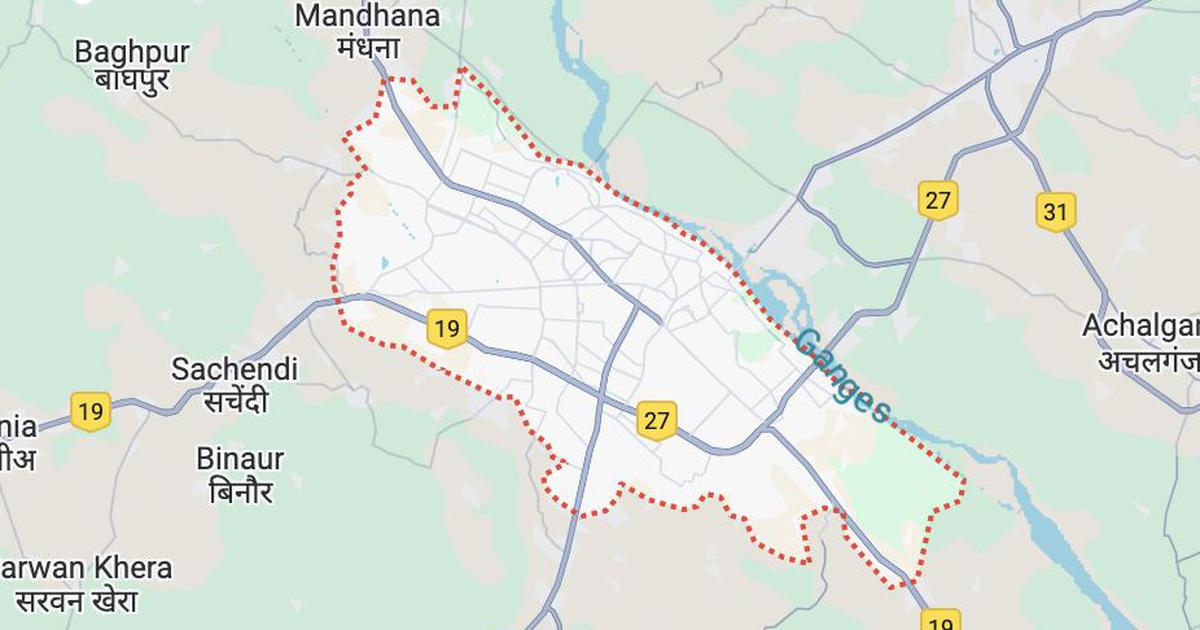
Tral, Indian-administered Kashmir – Like many people from his nomadic tribal community, Bashir Ahmed Gujjar, a 70-year-old shepherd, never went to school.
Poor and often on the move, formal education was not an option.
Things changed for the Gujjars, his community, after the government introduced quotas for what are known in India as Scheduled Tribes (STs), in state-run educational institutions and government jobs in 1991 as part of an affirmative action programme for historically marginalised groups. Gujjars were included in the beneficiaries.
Families decided to send their children to school and college. “My children, my nieces and nephews have all been fortunate enough to have received education because of the ST status bestowed on us by the government,” Bashir told Al Jazeera at his home in the region’s Pulwama district. He said his niece now works as a teacher in a government school in Tral because of the job quotas that Gujjars can avail.
Now, he fears the next generation of his community could lose out on those gains of the past three decades.
This story was originally published in aljazeera.com. Read the full story here.






